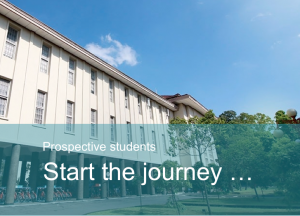Overview
Courses are mapped based on the Program Learning Outcomes and the graduate profile that aims to ease the measurement of the graduate outcomes. As an example of this mapping, the Pancasila course has graduate learning outcomes to support attitudes and values with strong values and professionalism with strong values as well. The conformity for the Pancasila course is conformed with all profile types. The complete mapping of each course with each of the graduate learning outcome and the graduate profile of the Undergraduate Program in Computer Science is shown in the table below. This course mapping was designed by taking into account the expected level of understanding strength possessed by the students, which are divided into three levels, namely Strong (S), Medium (M), and Weak (W).
click check boxes to see more each content

